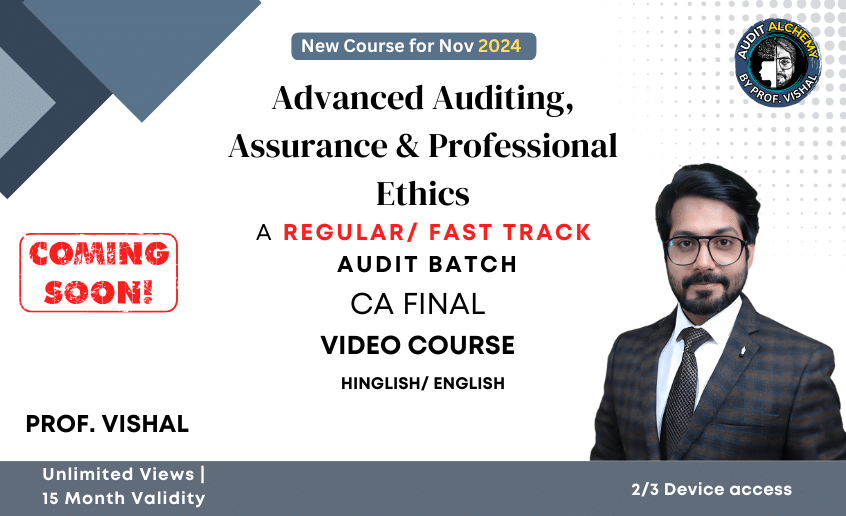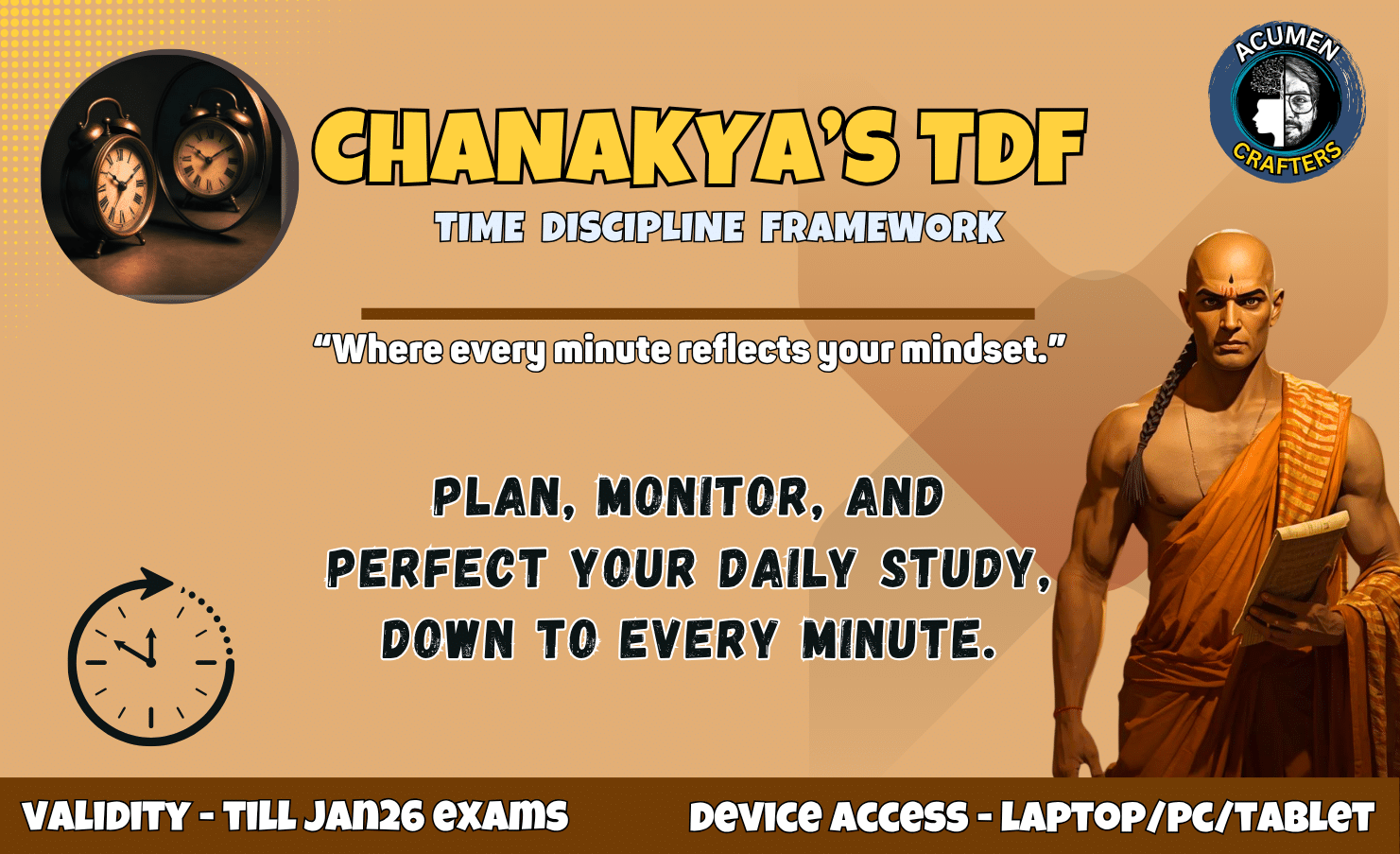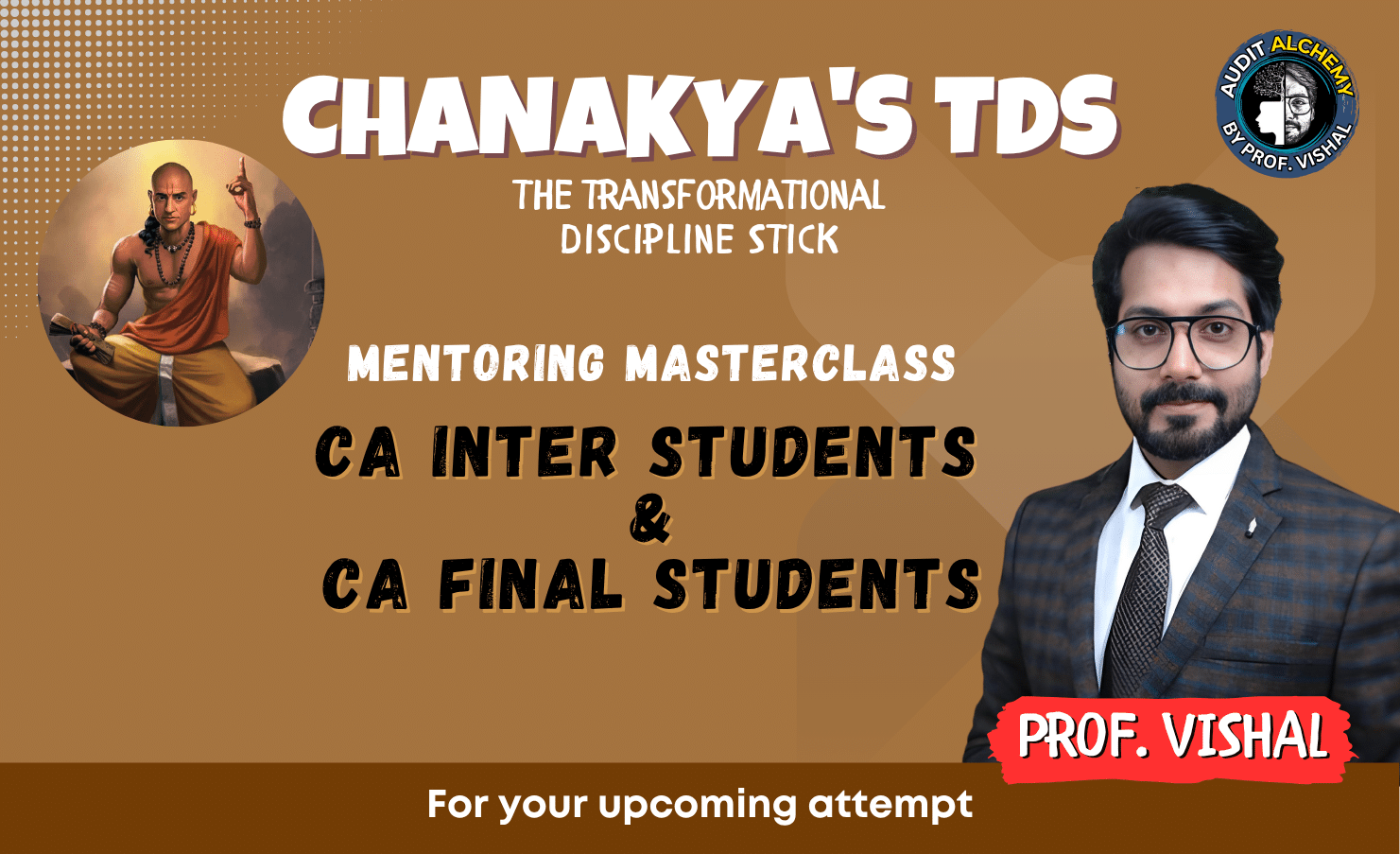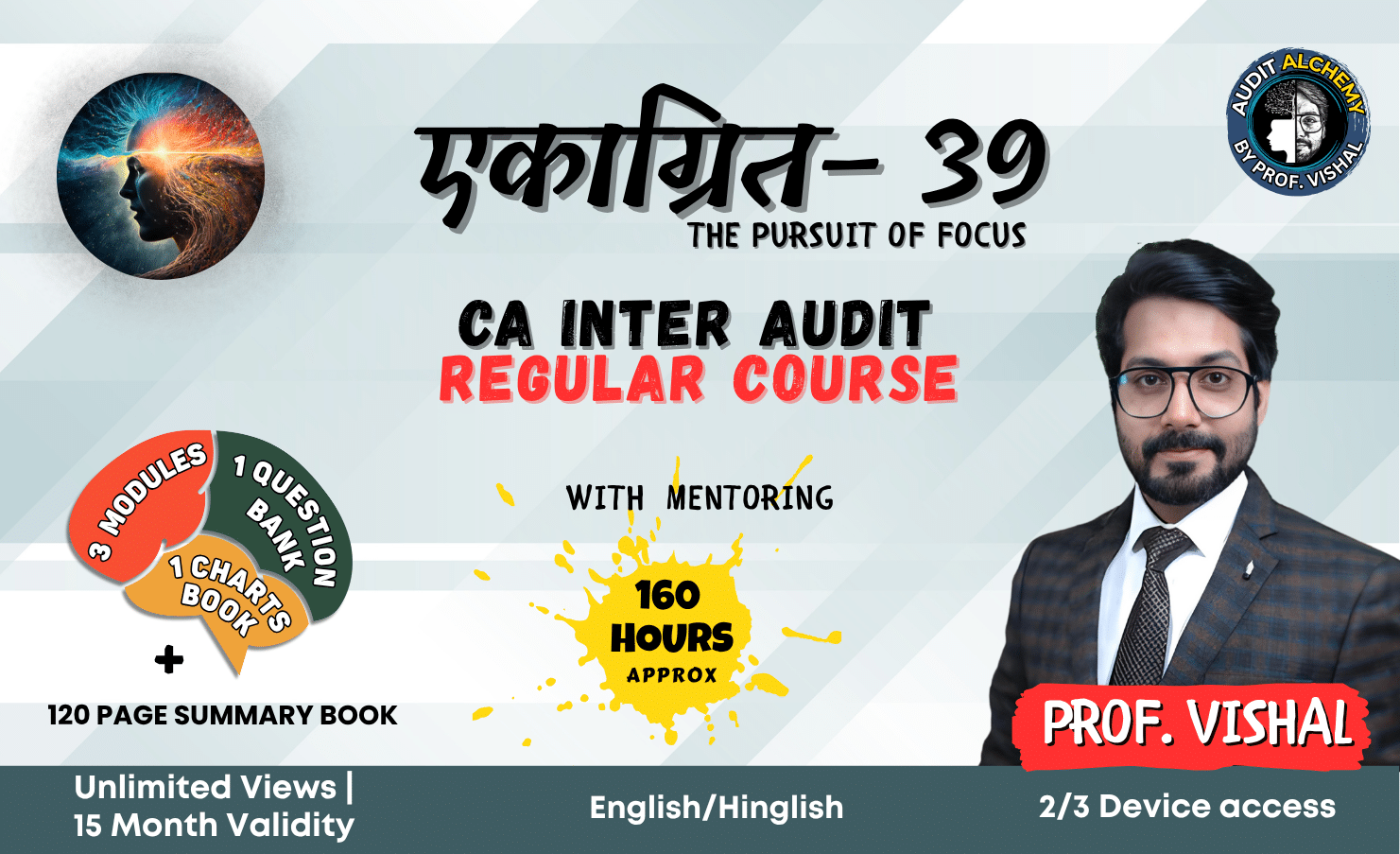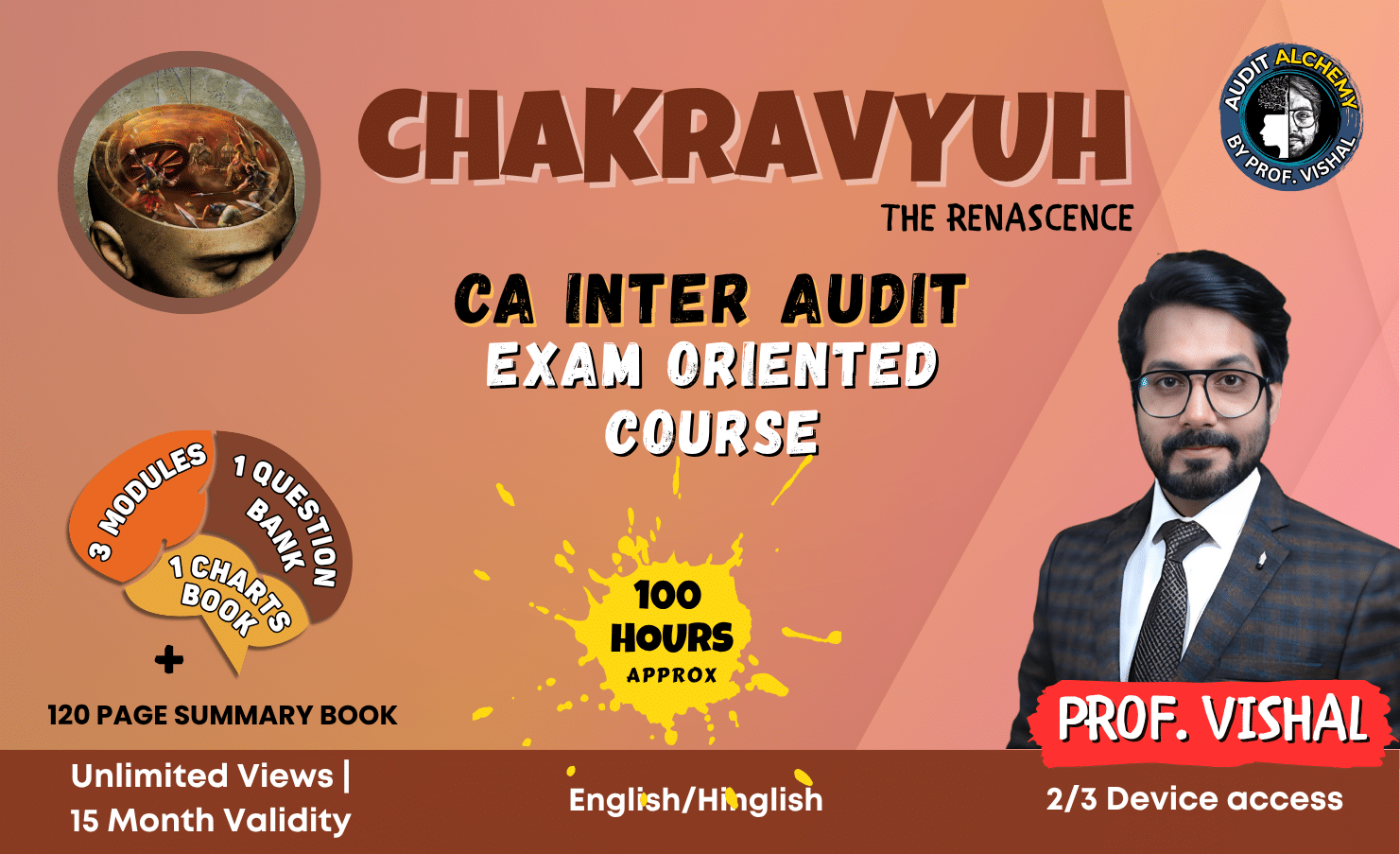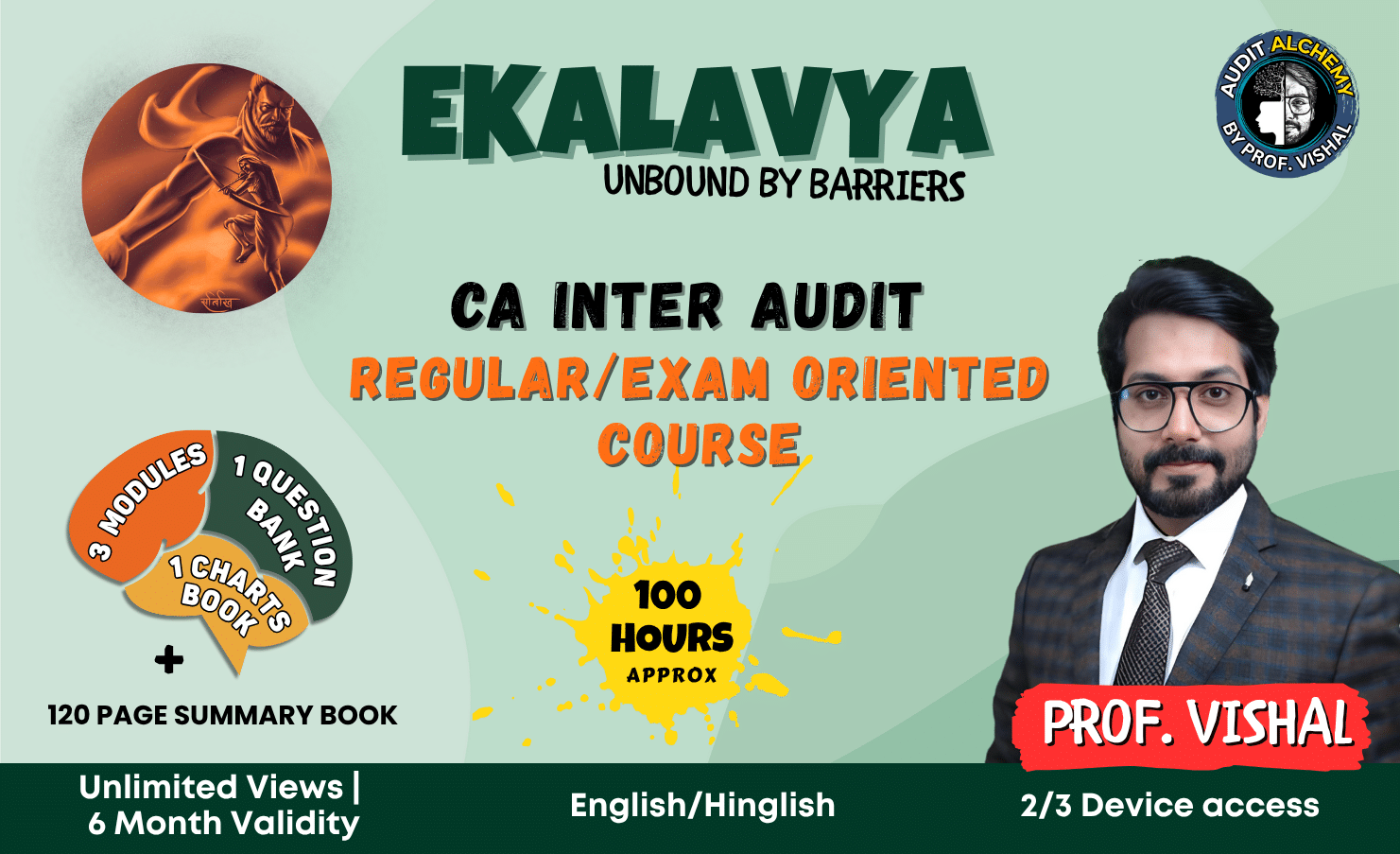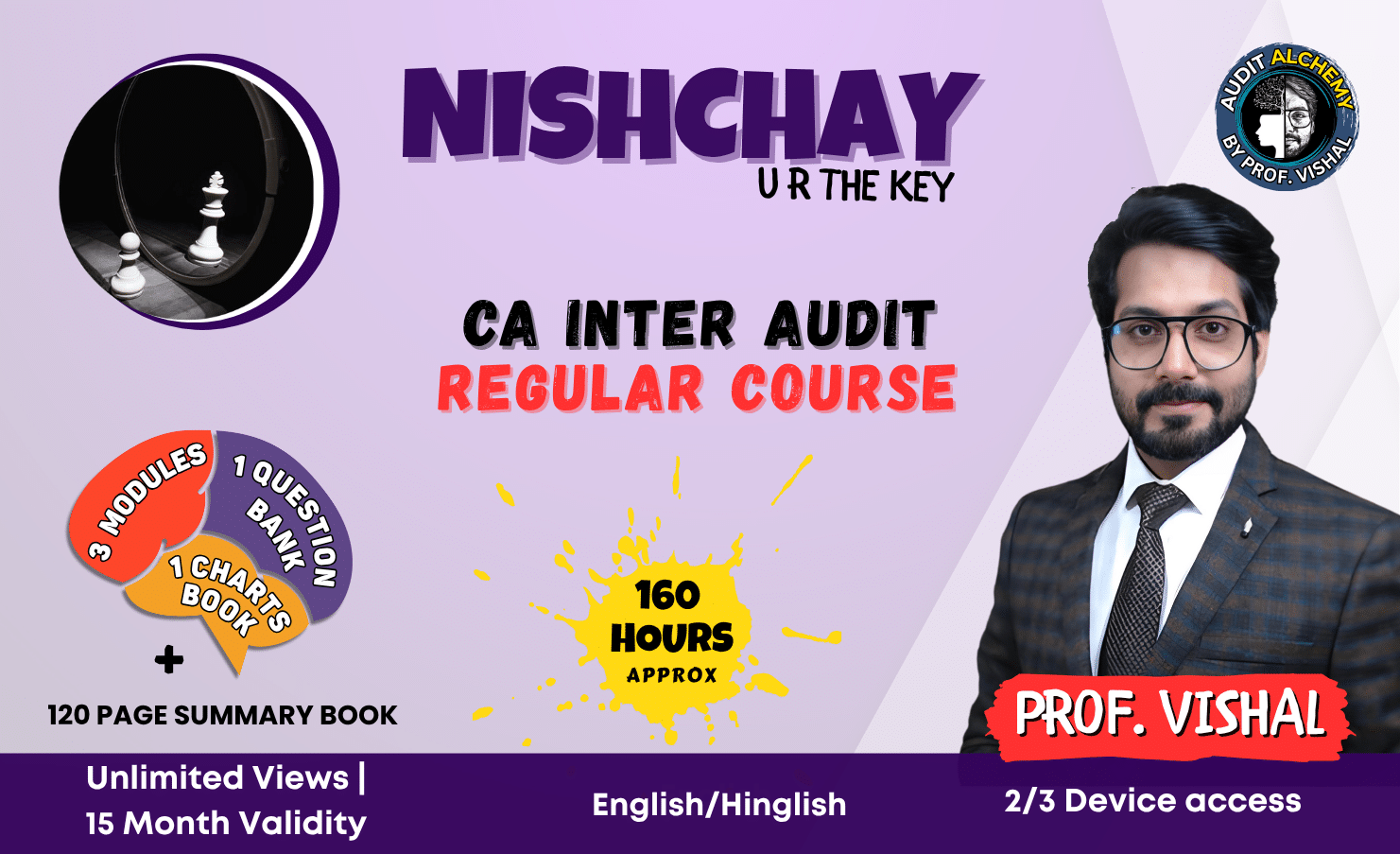With the CA Final Exams set to kick off on November 1, 2019, it’s only natural for candidates, whether focused on Group 1, Group 2, or both, to be navigating a rollercoaster of emotions. Some might be bubbling with excitement, while others could be wrestling with a sense of nervousness. However, for most of you, a blend of anticipation and jitters might be the prevailing sentiment.
Absolutely, it’s the CA Final Exams—renowned for their formidable nature. You’ve invested considerable effort into your preparations, and there’s no denying the weight of expectations from family and friends. Yet, it’s important to remind yourselves that beneath the pressure, it’s just an exam—an obstacle you’ve faced and conquered in the past. Maintain your poise, concentrate on the areas you’ve covered with dedication, and don’t let worries about the uncovered territory consume you. Remember, a 50% score is the gateway to success; striving to cover every inch of the syllabus isn’t a necessity.
Recognizing the time constraints, I’ll make sure to keep this article succinct and on point. Based on my experience of successfully navigating the CA Final through multiple attempts, I have confidence in the effectiveness of the study strategies I’ve shared for both Group 1 and Group 2, along with the last-minute strategies I’m about to unveil. Trust that these insights, gleaned from personal experience, can substantially boost your overall performance, possibly adding 10-20 marks to your cumulative tally.
1. Steer Clear of Uncharted Waters:
The temptation to delve into unexplored topics in hopes of having something to jot down if a related question pops up is common. However, this tactic could work against you. Such an endeavor consumes precious time that could be better spent revisiting familiar ground. Redirect your energy toward solidifying your existing understanding—whether you’ve covered 75-80% of a subject’s syllabus, you’re well-positioned to secure 50+ marks.
2. Craft a 1.5-Day Revision Roadmap for Each Paper:
Dedicate approximately 1.5 days to chart out a revision plan for each paper. Formulate this roadmap right after concluding one exam, preparing yourself for the next challenge. Your revision roadmap should encompass the entirety of the syllabus you’ve engaged with. Neglecting topics you’ve already tackled is akin to leaving them behind. Give priority to essential questions, especially those relevant to practical subjects.
3. Give Emphasis to Summaries:
When dealing with subjects like Audit, Law, DT, and IDT, direct your revision efforts toward summaries—whether they’re self-prepared or sourced. Relying solely on primary modules in the last 1.5 days isn’t advisable. Summaries offer a streamlined perspective on content and prove to be immensely valuable. Additionally, for practical subjects like FR, SFM, and AMA, consider consulting concept/formulae booklets for a last-minute review.
4. Recharge Before the Exam:
Reject the temptation to cram the night before the exam or sacrifice sleep, leaving you with only 2-3 hours of rest. Such practices yield minimal benefits. Optimal performance during the 3-hour exam relies on a well-rested mind. Remember, there are more exams ahead, and wasting half a day due to exhaustion isn’t an ideal scenario. Utilize this time to unwind and present yourself at your best.
5. Wrap Up Study 2 Hours Before the Exam:
Arguably the most critical point to remember. Continuously studying until the last moments, even outside the exam venue, sends a signal of unreadiness to your mind. Instead, stop studying around 12:00 PM, giving your mind a chance to relax. Avoid arriving excessively early at the exam center, as the atmosphere of discussions and anxieties can be detrimental.
6. Arrive Thoughtfully at the Exam Center:
Aim to arrive at the exam center approximately 10-15 minutes before the start time, around 1.30 PM. This avoids exposure to last-minute study sessions and discussions that could heighten your anxiety. Maintain your focus by avoiding those who are fervently engaged in last-minute preparations.
7. Make the Most of Reading Time:
During the 15-minute reading period, resist the urge to plunge into the first question, which is mandatory. Instead, identify questions you intend to omit in the optional section. Prioritize questions based on your confidence level, beginning with those you’re most adept at. Organize the remaining questions in order of your proficiency, leaving a positive impression on the examiner.
8. Utilize MCQs Strategically:
Five papers at the CA Final Level incorporate MCQs, all managed through OMR sheets. Choose to tackle the MCQs within the initial 40-45 minutes, accounting for the necessary administrative tasks like filling out roll numbers. Approach the MCQs as a whole within 45 minutes, freeing yourself from the need to revisit them later. These MCQs present a valuable opportunity, contributing 30 marks that can notably ease the challenge of the descriptive portion.
9. Abstain from Post-Exam Discussions:
Regardless of how your exam unfolds, avoid getting caught up in post-mortem discussions. Direct your attention to the current and upcoming exams, addressing each challenge independently. Some may excel despite attempting fewer marks, while others might fall short despite exhaustive efforts. These next 15 days are crucial; commit fully to the 3-hour time frame.
10. Swift Post-Exam Preparation:
Upon returning home, strive to rest for at least an hour before immersing yourself in preparations for the subsequent exam. By 7.30 PM, endeavor to cover at least 25% of the upcoming material, making optimal use of the remaining half of the day.




